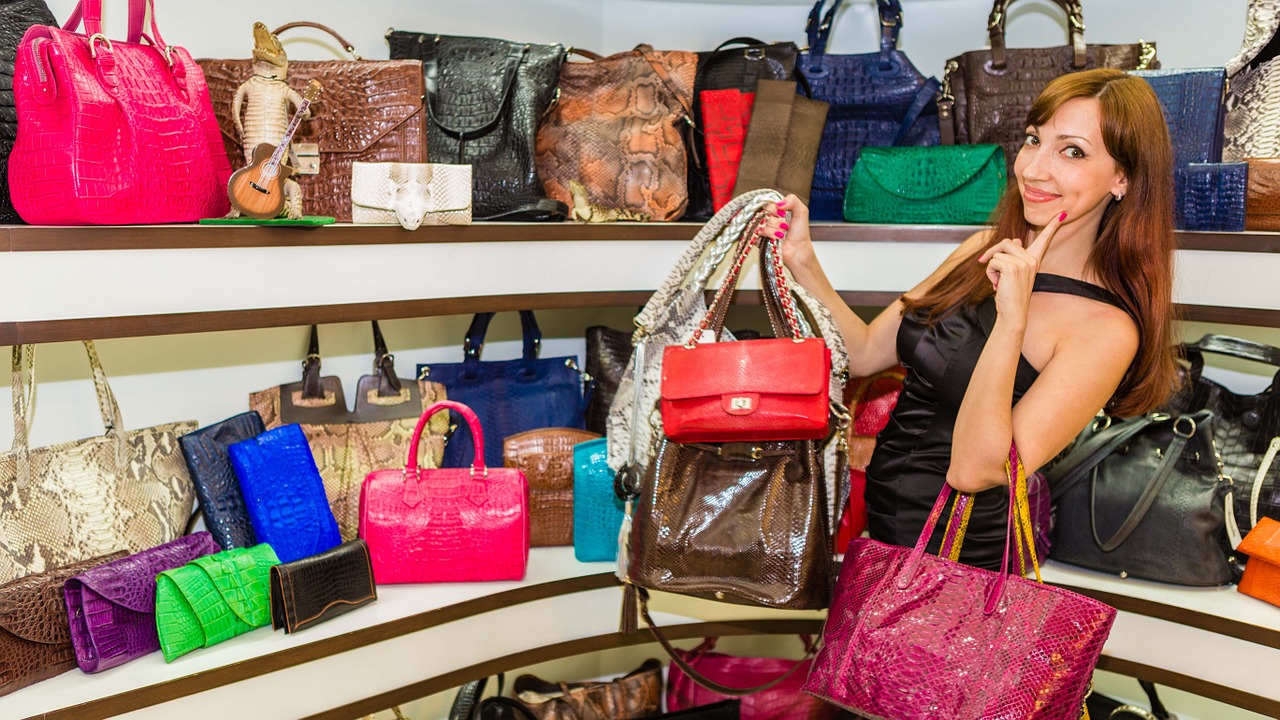It is no secret that compulsive shopping and the obsession for purchasing the latest models of technological fads are fast tracks to the financial collapse, but there are certain habits that appear to be harmless and can also cause great damage to our personal economy, and even some financial havoc with the passage of time. Three apparently innocent but potentially harmful habits are:
1 – Making many small purchases: Common sense tells us that no one will stop buying coffee or a small sweet candy at mid-afternoon, thinking that that decision could be driving him into bankruptcy; but we probably have not realized the tremendous economic impact of these innocent whims when they are recurrent and become an habit. If you’re not convinced, simply add up all the “little” expenses you did for one month, and you’ll see it. The morning coffee, dessert in the afternoon, the small water bottle, the daily newspaper with sports news, the package of candy, the weekly magazine to find out the love life of celebrities, goodies that you take your home and many other examples like that. The expenses on all these consumptions should invite you to prevent these recurring consumption habits.
2 – Being overly generous: Generosity is a personality trait that moves you to offer and share your wealth with others. It’s okay to be generous, even more with those who really need your understanding and help, but you must be careful because your generosity may be affecting your pocket amazingly. Calculate the total amount of tips you leave in the barber shop, in restaurants, in taxis; sum the donations you regularly give to your church, or the times you’re asked for a contribution for certain charities. Complete calculation with coins you offer to street musicians, or to people who ask for alms. You can continue adding what you spend in sponsoring social projects or protecting certain endangered animal species; include also the money you gave “borrowed” to acquaintances and co-workers when they asked for help to solve a need. All those little expenses (and many others) affect your economy. We do not ask you to stop being generous; we just warn you and invite you to calculate the economic impact of your generosity and benevolence.
3 – Using your credit card for everything: It is true that a credit card avoids the need to go out with a lot of cash (with the benefits that entails), not to mention many other benefits associated with its use; but it is very dangerous to get into the habit of paying all your purchases by credit card, because by doing so you can lose sight of the economic and emotional impact associated with spending, and this will lead you to spending more than you need or buying more than what you should. Keep in mind that many establishments conditions for accepting credit cards is that you have to make purchases for a minimum amount, so you may feel the need to buy even beyond your means. Do not forget that every time you use your credit card, you are acquiring a debt.
If you really want to start making good financial decisions, take care of these three habits and avoid making excuses that could tie you to them; that way you’d be fooling yourself and you would not be acting wisely to protect your net worth nor your family’s.



No comments